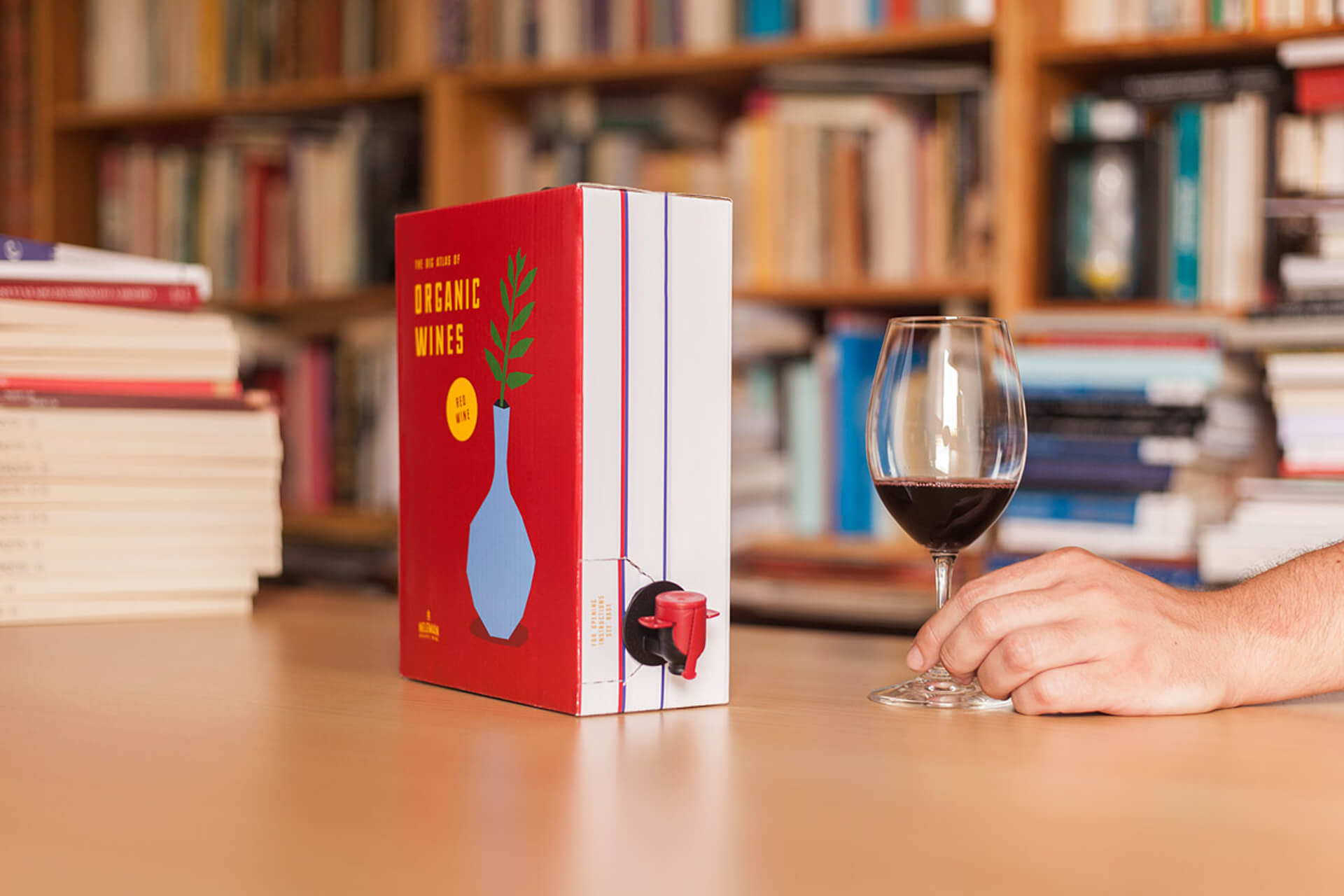In “10 Boxed Wines That Are Really Good, Seriously” published May 2023, Eric Asimov at The New York Times issued a review of boxed wines—its first (I think) but probably not the last.
On the surface, boxed wines make a lot of sense given that glass bottles are expensive to buy, expensive to ship, they break, and people don’t recycle glass as much as they could. They save on shelf space. And boxes are lightweight and generally recyclable (though not the interior bag that holds the wine). Asimov covers this in his review, which is subtitled “Thoughtful winemakers, motivated by environmental concerns, are turning to boxes.”
Boxed wines also keep wine fresher as the valve in the pourer keeps destructive air out. Bag in box (BiB) wines generally can be stored for a month.
And yet, boxed wines still have a stigma about them. Perhaps Asimov is trying to change that.
His top recommendation is the 2020 Sangiovese-Friulano from Ryme Cellars Mendocino Fox Hill Vineyard. At $72, that translates to $18 per bottle equivalent (and from organic grapes, too). Asimov describes it as “…juicy and vivacious, a rare American sangiovese that is not over-the-top fruity or sweet…” And “fragrant, but also has enough structure to stand up to grilled beef dishes, chili con carne or red sauce pastas.”
From a marketing perspective, I appreciate the eco-friendliness of boxed wines.
And, it seems to me, the box surface area is superior marketing real estate compared to a tiny wine label. At least one of the wines Asimov recommends is equally as thoughtful about its design. Check this design out for the 2020 Valencia Good Wine Book Red from Spanish producer Neleman (image from Neleman):
What will the future hold? Not just good wine in boxes, but good wine showcased with good design..? Turns out, that’s exactly what has been happening.
British firm Laylo is having tremendous success producing “top quality wines in beautiful boxes,” states co-founder Laura Riches in a recent post by Richard Siddle on The Buyer. From inception, Laylo started as a data-driven and audience-focused startup, which is how they saw the market gap for premium boxed wines (see image below from Laylo). The intentional use of design at Laylo is effective on several levels.
Firstly, it is distinctive visually, and that makes for great brand recognition: “We wanted to create boxes that wine drinkers would proudly display on their countertop…,” explains Riches. And it creates gifting opportunities: “Gifting is a huge part of our business. It’s a great choice for those tricky-to-buy-for friends, when a ‘normal’ bottle of wine might not seem thoughtful enough. We’ve also put a lot of time and care into creating an unboxing experience that’s really premium, including little booklets with tasting notes and the story of the wine.”
Secondly, Laylo make use of the marketing real estate on their wine boxes: “One of the great things about a box is that you have five visible faces to make customers feel something about the wine inside. Each of our designs aims to tell the story of the wine, region and winemaker.” Part of that story includes the appeal of sustainability: “When we talk to customers, they often tell us that they feel great making a sustainable swap.”
And thirdly, this combination of quality product and clever packaging design in turn has opened up new distribution opportunities. As Riches puts it: “The biggest breakthrough has been starting to sell into the trade, which came about because we were being approached by restaurants and bars looking for a sustainable switch. Boxed wine generates 90% less carbon than glass bottles, is more space efficient and is perfect for selling by the glass or (Laylo branded!) carafe.”
The similarities between Laylo and Neleman are interesting. To me, we’re witnessing a break from the traditional model of wine sales: crafting wine and then selling it. Instead, in both cases, the product, packaging, and promotion are each facets of intentional integrated marketing, all equally essential. And it’s clearly working.
So, after years lagging behind the market, it seems boxed wines finally have an edge in an industry facing challenges on all fronts…
#wine #marketing #winery #winemarketing #winebranding



